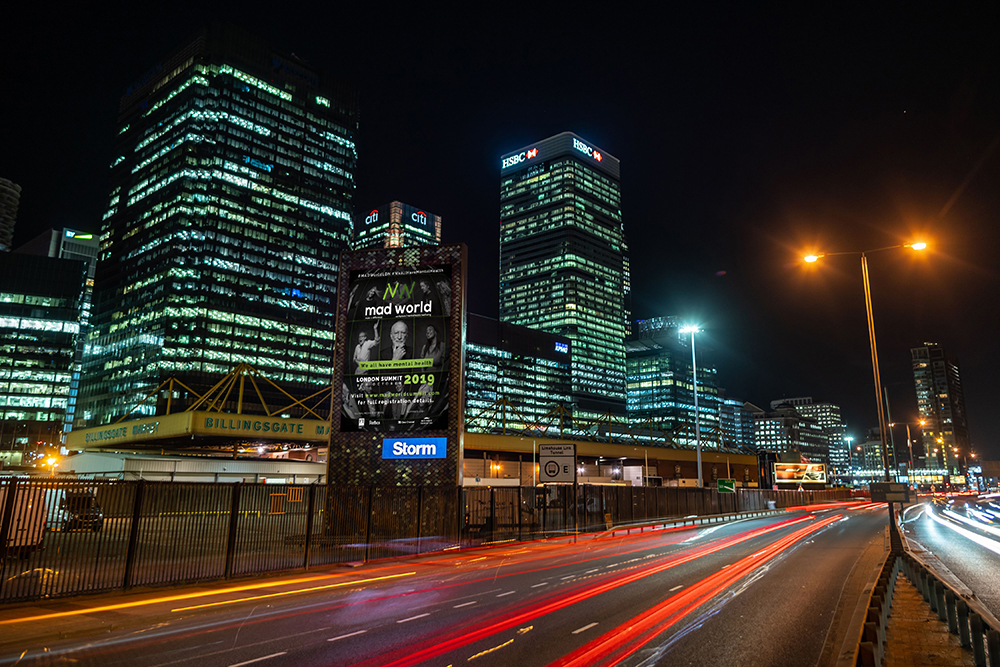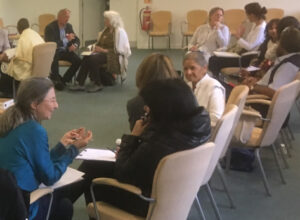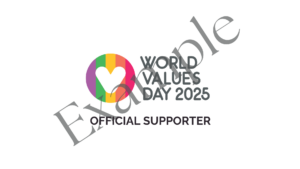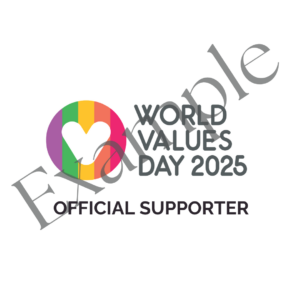By Claire Farrow, Conference Director and Head of Content for Mad World
Today is World Values Day and the theme for this year is wellbeing. So, it seems hugely appropriate to reveal that 98% of respondents to Mad World’s recent Multigenerational Workforce, Workplace Culture and Wellbeing Survey strongly agree that it’s very important for them to feel valued at work. 98% also strongly agree that it’s very important for them to have a sense of purpose at work.
In the same vein (although I thought the percentage would be higher), 83% of respondents said that it was essential that they trust their senior management and 83% of respondents agreed that it was essential to feel part of a community at work.
This was across the board from 18 right through to 65+.
The aim of the survey was to get a sense of what different generations are looking for when it comes to the way in which their mental health and wellbeing is supported in the workplace. We also wanted to explore the role values can play in the wellbeing agenda alongside many of the more reactive strategies.
The insights from the survey provide a useful snapshot of attitudes that can help guide employers as they define or refine their workplace mental health and wellbeing strategies – potentially with values at their heart.
We will be inviting a panel of experts to add further comment to the survey findings. For now, this is a summary of the key insights. Some will not surprise – others may do.
A broad range of ages responded to the survey, with the bulk being form the 36-45 and 46-55 age brackets.
Workplace mental health and wellbeing strategies are seen as “essential” by younger employees
100% of the 18-25 year olds who responded to the survey and 80% of the 26-35 year old respondents answered “essential” when asked: “How important is it to you that your employers has in place a workplace mental health and wellbeing strategy?”
This seems to decrease in importance as employees get older, with around 70% of 36-45 year olds and 46-55 year olds putting the same emphasis on the need for their workplace to have a mental health and wellbeing strategy. Only 62% of respondents in the 56-65 age bracket and 50% of 65+ year old respondents felt a workplace mental health and wellbeing strategy was essential.
66% of all respondents feel that their employer values their physical and mental health equally
The campaign hashtag for the Mad World Summit is #WeAllHaveMentalHealth. This is a message that we want everyone to understand. As spelled out in the “Thriving at Work” Stevenson Farmer Review of Mental Health and Employers: “We start from the position that the correct way to view mental health is that we all have it and we fluctuate between thriving, struggling and being ill and possibly off work”.
So, it was interesting to see that 66% of all respondents believe that their employer values their physical and mental health equally. Again, a higher percentage of the younger respondents felt this was the case.
Older respondents are more likely to feel that their career will be compromised if they talk about their mental health in the workplace
Only 30% of respondents in the 26-35 age bracket felt that their career would be compromised if they talked openly about their mental health at work. This is considerably less than the 56% of those in the 56-65 age bracket who fear for their job if they talk openly about their mental health in the workplace. This shows clearly that attitudes are changing for the better but that we still have some way to go if we are going to completely overcome the stigma that still surrounds talking about mental health (and mental ill-health) at work.
The minimum expected from an employer when it comes to supporting mental health and wellbeing
Responses to this open-ended question were varied but some common themes emerging, particularly from the younger respondents include:
- Understanding, acceptance and flexibility
- Genuine care for employees
- Encouraging work environment – which is understanding and supportive
- Understanding everyone has different levels of resilience
- Understanding all employees are unique
This brings us neatly full circle around to thinking about being valued at work and the role that values can play in the wellbeing agenda alongside many of the more reactive strategies.
This World Values Day is a perfect opportunity to think about the link between our values and our wellbeing. It’s also a chance to support our colleagues’ wellbeing by showing them that they are seen and heard; valued as individuals.
 About the author:
About the author:
Claire Farrow is the Conference Director and Head of Content for Mad World. She is responsible for the content of the annual Mad World Summit and also drives the content for Mad World News
She’s on a mission to help every employer – large, medium and small – get the insight, inspiration and contacts they need to make real impact on workplace culture, mental health and wellbeing in their organisation.
Claire considers herself to be a forerunner of the gig economy. She has been freelance for more than 15 years. During that time, she has had the honour of working with many leading publishers, including the New York Times.
What role do you think values can play in the wellbeing agenda? Please email me your suggestions at claire@madworldsummit.com.







